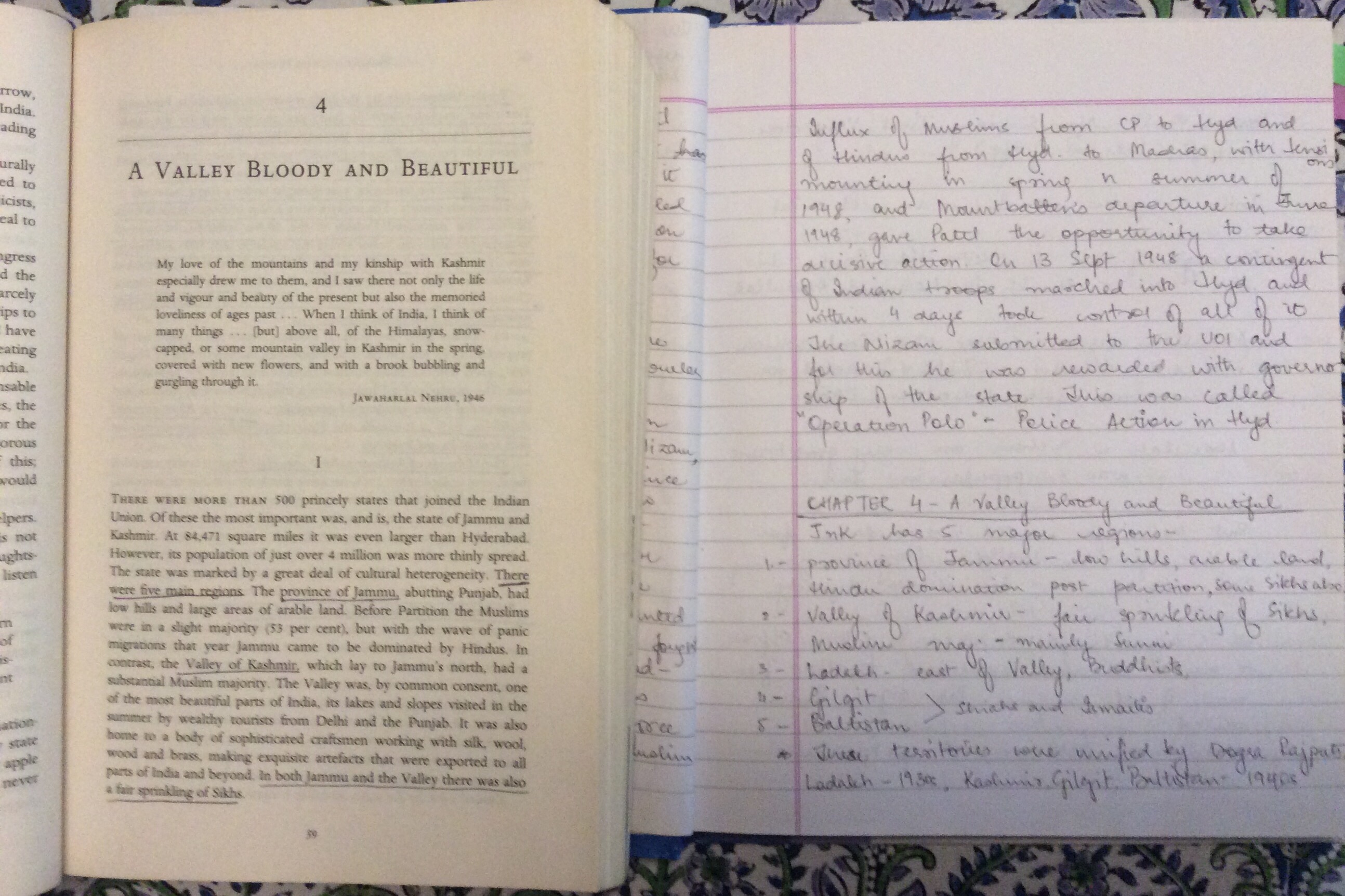If there is one thing I pride myself for, it is my skill of meticulous organization and this really made my life easier during my years as a student. From juggling ticket sales at Janfest 2009 alongside 8 academic papers, to studying everything under the Sun for the Civil Services Exam, my detailed plans for managing my time and resources have always been a life saver for me. This may not guarantee success at the exam, but does guarantee more time and peace of mind, which can then be invested well for the CSE. So today in this post, I will be talking about how an aspirant can manage her/his time and study material so that studying becomes relatively easier to manage.
Time Management
This is the most crucial part of the entire civils preparation. If you cannot manage your time, you're in trouble. There is so much to be studied, so many subjects, books, notes, etc. If you don't plan it all well, you may end up skipping many things and then that won't be a thorough preparation. So, you need to set targets for yourself in the following manner:
month wise-decide what all you need to cover over the months that you have 

week wise-decide how many weeks you want to spend on which subject 


day wise-decide what all you plan to cover in how many days
hour wise-yes, I planned every hour of every day during my preparation and it helped me create a healthy routine for myself.

 Set targets that are slightly ambitious. This will help you cover more ground than you otherwise would. As you progress, your speed will also then improve. Leave a buffer, that is, more time for revision so that even if you fall behind schedule, you will still have covered all topics.
Set targets that are slightly ambitious. This will help you cover more ground than you otherwise would. As you progress, your speed will also then improve. Leave a buffer, that is, more time for revision so that even if you fall behind schedule, you will still have covered all topics.
Newspaper notes
I kept one single register where I pasted newspaper articles or made notes when I felt the whole article wasn't important. I used small coloured plastic post-its to indicate which article was on which topic, example environment, polity, economy, international relations, etc. This will help you look for articles when you want to refer back to a particular article/topic.
Books, notes, files and folders
Before I started my preparation, I made a list of books and notes I would have to refer to for each topic in the paper. This helped me figure out what I already had and what I did not and I made sure I had everything before I started studying. Thanks to this I did not really have to go about hunting for material. Occasionally I would search the internet for some updates on current issues, but other than that I didn't spend too much time collecting material during my preparation.


Once I was done with a subject, I placed my notes in a separate folder and labelled it. This really helps keep a track of what you have finished studying. Obviously you must make sure you keep your folders/files in one place. Do not at any point mess up your notes. Treat them as sacrosanct.
How to make notes
Highlight/underline only those words or sentences that are important to remember and then write them in your book/sheet of paper. Only for India After Gandhi I used a notebook, otherwise I made my notes on sheets of paper and then filed them. Consolidate all your sources in one place and then revise only that before the exam. This saves a lot of time.
Hopefully I have covered all bases as far as organisation is concerned. If you have any doubts then please write to me at petalcse2014@gmail.com










